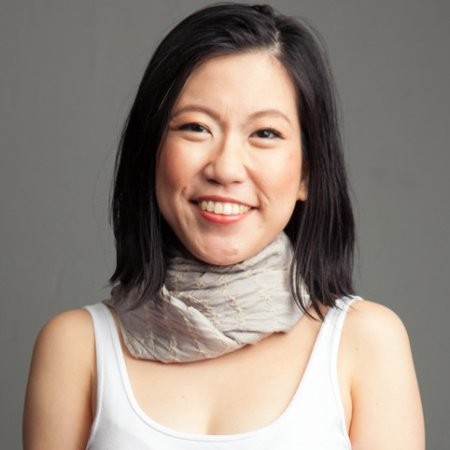Kids Have a Blast Exploring Space in 'Ready Jet Go!' Season 2
Young Amy Mainzer was one of the few children who looked forward to a trip to the dentist. In those pre-internet times, the waiting room was one of the few places she could read about NASA's Voyager missions.
"Information was hard to come by back in the day," said the now-grown Mainzer, an astronomer at the Jet Propulsion Laboratory in California. "I remember I would wait to go to the dentist's office so I could see National Geographic magazine and find the pictures in there."
Pint-size Amy would have adored "Ready Jet Go!" — a computer-animated series for kids ages 3 to 8 that heads into its second season on PBS today (April 2). The show revolves around the adventures of Jet Propulsion, a humanoid alien from the planet Bortron 7, and his gaggle of friends as they skip through the solar system learning about science and astronomy. [The Best Space Gifts for Kids]
"This is a show I wish I had when I was a kid, when I was that age," said Mainzer, who serves as science consultant for "Ready Jet Go!" She also hosts short educational interludes, known as "interstitials," between each episode's two segments.
Despite the fantastical elements of the show — Jet and his pals might bounce around the craters of the moon, make a pit stop at Saturn's icy moon of Enceladus or dig around the Earth's core — the science behind the stories is solid. That's the point, Mainzer said.
"Science informs our everyday lives, each and every moment, whether we know it or not," Mainzer said. "Our goal is to give kids the beginnings of the understanding of some of the fundamental laws of physics that are at work and that govern everything around us."
Science, Mainzer added, gives us critical tools for survival. It allows us to understand how things work, which is essential for living on planet Earth, whether you're a human or a strange visitor from Bortron 7. You don't have to talk down to kids to pique their interest, either, Mainzer said. As far as she is concerned, she said, children are already scientists — they just don't know it yet.
Get the Space.com Newsletter
Breaking space news, the latest updates on rocket launches, skywatching events and more!
"When they are out playing in the yard or looking at insects or playing with rocks, that is science," she said. "Trying to understand how something works and what it does — that's science."
"Ready Jet Go!" helps kids put a name to phenomena they're likely already familiar with, Mainzer added. The show also exposes them to other aspects of science that they might not have observed yet.
Engaging in the discovery process can also be fun, she said. "It's like watching a fabulous movie that has a really interesting plot and you just have to keep watching it," Mainzer said. "That's how I feel about science."
In Season 2, the show will dive into basic physics and Earth science concepts, such as simple machines, electromagnetism, weather and states of matter. Jet and his gang will build a Rube Goldberg machine, reverse-engineer a shrink ray and experience all four seasons in a single day.
They'll also dabble in comparative planetology, investigating questions like these: What differentiates the planets in our solar system? What ingredients does a planet need to support life? What makes Earth so unique anyway?
"I hope that the show gets to give kids a little bit of the flavor of just how special and wonderful planet Earth really is," Mainzer said, "especially when you look around at all the other planets that are out there."
"Ready Jet Go!" is available to watch, for free, via the PBS Kids Video app.
"We're really excited about making this show freely available with all of its great science content," Mainzer said. "We want to get this show out to as many different kids as possible — all over the world, ideally."
Follow us @Spacedotcom, Facebook and Google+. Original article on Space.com.
Join our Space Forums to keep talking space on the latest missions, night sky and more! And if you have a news tip, correction or comment, let us know at: community@space.com.

Jasmin Malik Chua is a fashion journalist whose work has been published in the New York Times, Vox, Nylon, The Daily Beast, The Business of Fashion, Vogue Business and Refinary29, among others. She has a bachelor's degree in animal biology from the National University of Singapore and a master of science in biomedical journalism from New York University.
